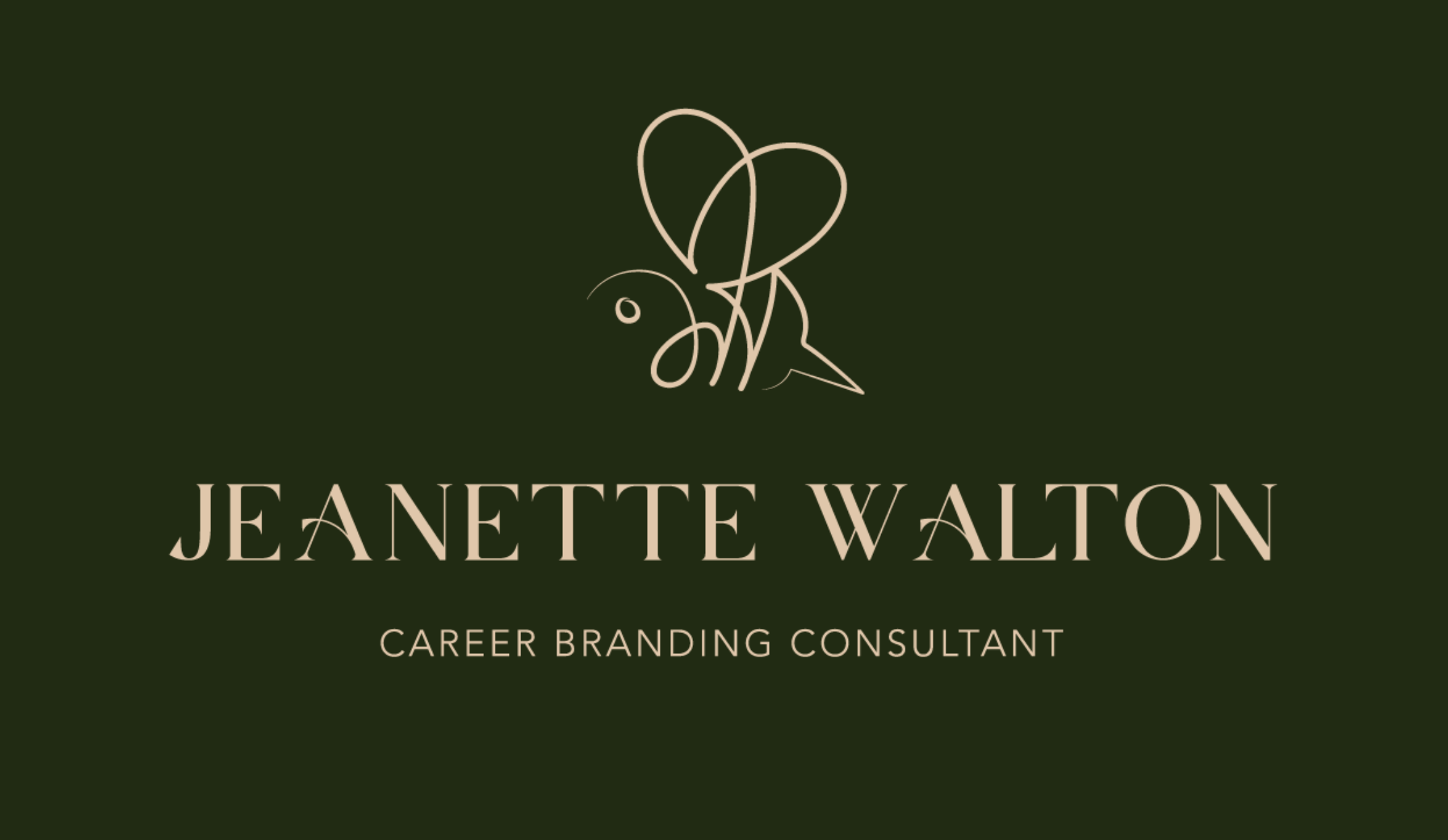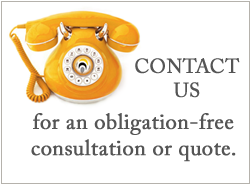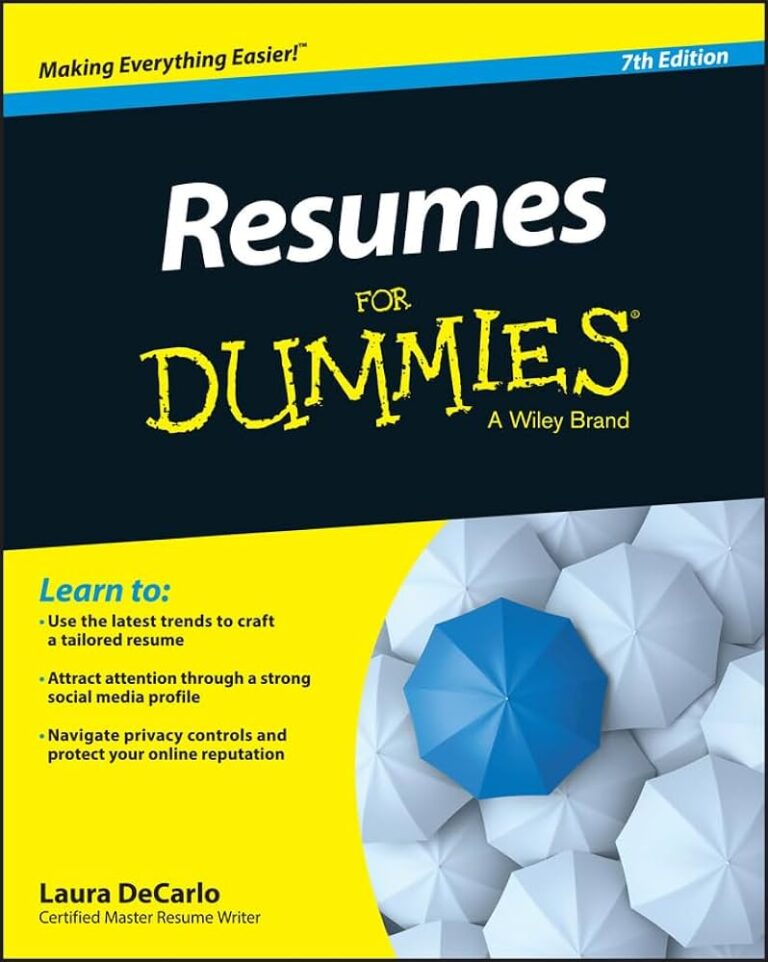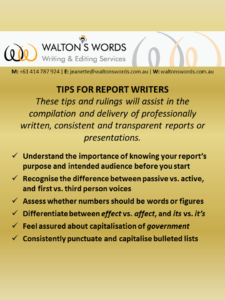Most of us long-term workers have career gaps. This will likely be even more prevalent after the socioeconomic impact of the coronavirus pandemic. Whatever your reasons for taking time off, keep your explanations concise and honest (it is particularly relevant to acknowledge career breaks of more than six months).
Was the career break beneficial?
Consider whether there are any professional (and/or personal) benefits that you gained during your career break. Perhaps the time away from employment uncovered a clearer direction of your future career ambitions. Perhaps it highlighted your dedication and ability to maintain a healthier work–life balance. Maybe you have a deeper appreciation of giving back to the local community through voluntary work.
“Starting over is the opportunity to come back better than before.” (Ryan Kahn, Career Coach)
Did you continue to develop?
Think laterally about anything you did during your career break that could be relevant to your future career goals. For example, did you complete (or are you considering completing) an online course that broadened your technical knowledge (e.g. software, products)? Did you engage more on LinkedIn or in other group forums to deepen your industry/market awareness (e.g. latest innovations and standards)?
“Personal development is a major time-saver. The better you become, the less time it takes you to achieve your goals.” (Brian Tracy, Motivational Public Speaker)
Do you need to explain it?
It’s commonly accepted that career breaks of less than six months (particularly less relevant jobs) can be left off your resume. It may also be worth considering using a functional (rather than chronological) resume if you’re someone that has been doing a lot of contracting, consulting or temporary work. If you do want to acknowledge the break, keep the explanation concise and honest – most reasonable hiring managers will appreciate career gaps, particularly those for travel, family and health reasons.
“We want to create an environment where every employee can bring their whole self to work, and not just make a living but also have a life.” (Indra Nooyi, Pepsi CEO)
Are you willing to discuss it?
Some recruiters are likely to ask about the career breaks highlighted in your resume (particularly more recent ones), so prepare yourself for questions about this at the interview stage. Just be sure to keep your responses aligned with the written resume explanation and avoid spending too much time on the topic – remember that you are primarily there to discuss how their role aligns with your offerings and ambitions.
“Always remember, your focus determines your reality.” (George Lucas, Filmmaker, Philanthropist & Entrepreneur)
If you’ve been considering a change in career direction and/or increasing your future job opportunities, it may also be time to consult a professional resume writer. From spicing up a LinkedIn profile to overhauling a resume and adding an often-critical cover letter, to writing up selection criteria attuned responses, Walton’s Words thrives on creating career documentation that helps you to stand out. Give us a call or drop us a line if you would like to discuss your resume writing needs further.




